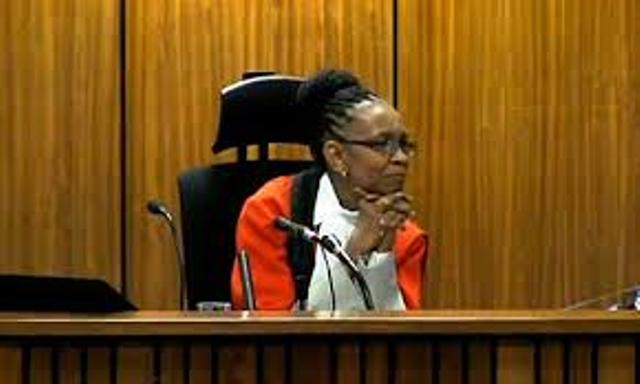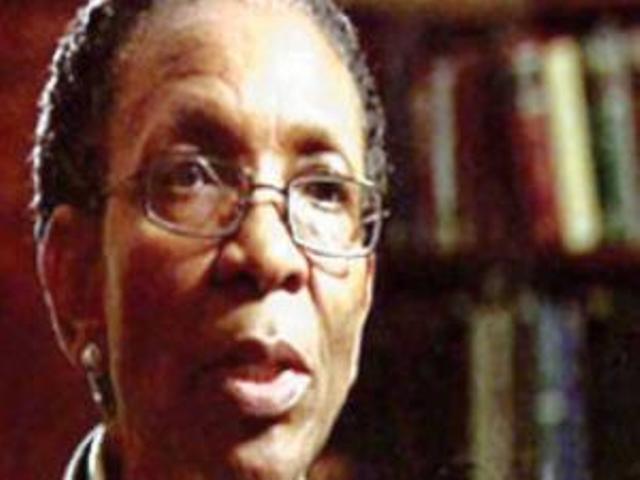Thrown into the international spotlight is Thokosile Masipa, the judge presiding over Oscar Pistorius murder trial. During the weeks of the sentencing, and trail, Masipa’s actions and verdict received worldwide scrutiny and analysis. Not much is known about her personal life, but her meticulous nature during the trial has led to intrigue and interest into the woman who holds the gavel.
Regardless of your opinions on her approach to Pistorious verdict, Masipa’s life and ethic is worthy of emulation. Here are a few things you should know about her.
- Thokozile Masipa was born 16 October 1947, in Soweto, South Africa. She is the eldest of 10 children, five of whom died in childhood while another was stabbed to death in early adulthood, Masipa was born in a two-bedroom house in what was a considered a poor area, even in Soweto. She was clever, bookish and determined, but had to waste years as a messenger and a tea girl. Only in her mid-20s did she find the money to go to university and take a degree in social work.
- An activist during the apartheid era, Masipa was arrested after demonstrating in downtown Johannesburg against the apartheid regime’s attempts to suppress a newspaper she worked on, as well as the arrests of other journalists. Masipa and other women journalists who marched that day were deeply invested in exposing the harshness of white-minority rule, and, in particular, its consequences for women.
- Her friends describe her as a ‘really a tough cookie’ whose strength ‘comes from being so laid back’ but at the same time, “You could still joke with her.”
- Masipa received a BA in social work from the University of Natal (1974) and Bachelor of Laws from the University of South Africa (1990).
- Masipa put all that schooling directly to use, quickly exhibiting a knack for public service. Before her judgeship, she worked as a social worker and then as a crime reporter covering racial-discrimination cases. Some reports say that her time as a journalist influenced her decision to practice law.
- In 1998, Masipa was appointed as a judge in the High Court of South Africa—only the second black woman to receive such an appointment. A feat some have described as part of a breakthrough and leading to her description as a pioneer.”
- Masipa is no stranger to murder trials or harsh sentencing. In one case before her, she handed down a two-hundred-and-fifty-two-year prison sentence to a man who raped three women in the course of home burglaries; in another, she gave a life sentence to a policeman who shot and killed his estranged wife in an argument over their divorce settlement. (“You deserve to go to jail for life because you are not a protector. You are a killer,” Masipa told him.)
- Masipa maintained her respect and fondness for the field of journalism after becoming a judge. In a 2003 interview, she described how she wants judges to be more transparent and use the media to communicate their court decisions and judicial processes to the public
- Masipa’s selection for the Pistorius murder trial was all luck and a routine allocation of court cases—not a “special selection,” a representative from the country’s Department of Justice explained.
Serving tea and working as a messenger, it is unlikely Masipa would have ever believed she would be appointed a judge never the less preside over one of the most famous cases in history. But in this case fortune has favoured the brave and the prepared. Masipa’s story tells us that no matter how rough the journey, the destination will always be worth it.








Leave a Reply